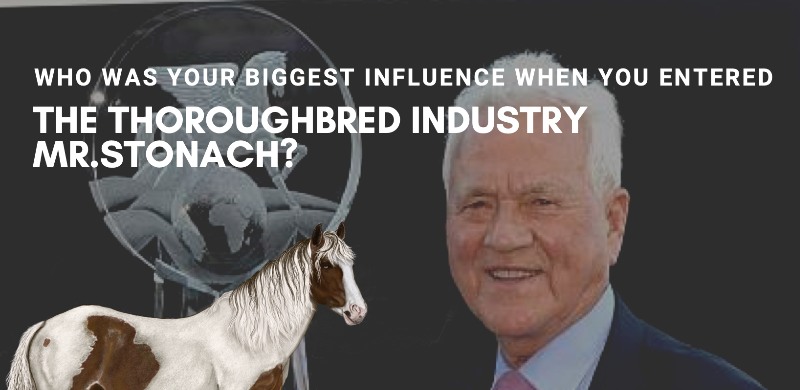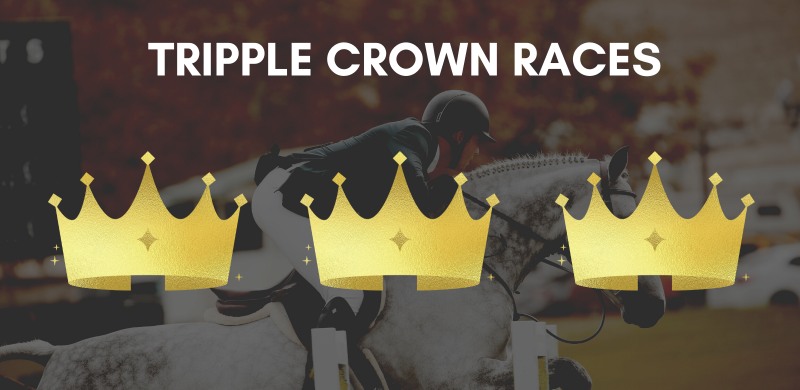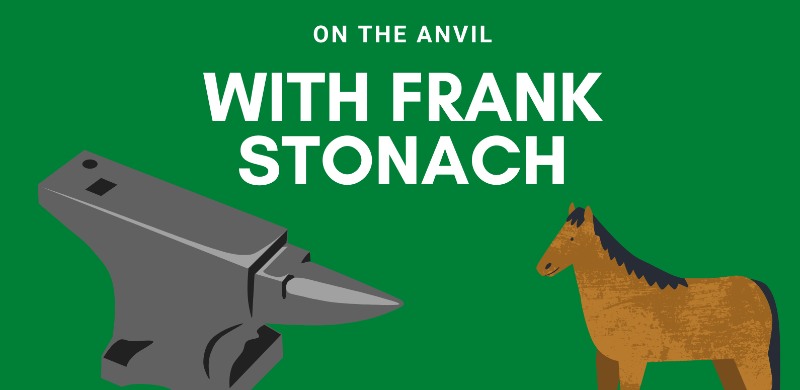You have vast experience in Florida thoroughbred racing, where are Florida horsemen making their biggest mistakes?
We have to realize that racetracks need owners of thoroughbred racehorses, but horsemen also must realize that racetracks must make a profit. We all know that with racing horses, 80% of the people lose money, but the simple fact is that if a horse owner has 10 horses and he only wants to lose half the money, he can sell 5 horses. As racetrack owners, we can’t say we will open only one quarter of the race track. We have to open the entire race track. We have a huge overhead.
As race track owners, we must provide a much better place of entertainment. I have been trying to do this with Gulfstream Park, to make it more enjoyable for people and for families with lots of things to do. I would like to invest more to make it much better yet, but everything costs money. I hope the horsemen will realize investments are needed. The horsemen, as well as the race track – together we must put on a great show. So when we invest, we must be able to recover our investment before sharing the profits.
I have invested over $500 million and the return is about one percent (1%). It is not a good investment. But the horsemen want to share in the profits right away – 50/50.
I hope we can find better arrangements with the horsemen.
Florida weather will always be great for training young horses, but what must happen to rejuvenate the breeding site of the thoroughbred industry in Florida?
What would it take for you to consider bringing stallions back to Florida?
First of all, we have too much racing, too much cheap racing. If the racing was better with better purses, then people would invest in farms and buy better stallions and better broodmares.
Who was your biggest influence when you entered the thoroughbred industry?

I have always liked horses. For me, racing is a business of love.
If you could correct one wrong that the thoroughbred industry has hurt itself with in the past, what would it be?
Nothing will work unless it is free enterprise. Racing has not been operated under free enterprise principles. Yes, the State must lay down laws and rules to protect the public and the integrity of the sport, but the thoroughbred industry should be treated like any other business. Anyone who meets all of the rules should be able to build a race track, subject to local zonings, and be able to open whenever they feel they can get the most customers.
What has been your biggest moment in thoroughbred racing?
Ghostzapper has been an exceptional horse. He can sprint. He can go distances. He can be upfront. He can come from behind. He has won sprint races and long distances races, such as the Breeders’ Cup.
Some people feel that the smaller tracks will be fazed out with eight or so super tracks supporting internet wagering. What are your thoughts on this?
Like in any business, you must invest. Racing is entertainment and you need to invest to provide the best possible entertainment. People just like your program, like your show, like your races, and like your race track. Otherwise, customers won’t come to your race track and bet on the races and gamble in the casinos.
Race tracks that don’t invest will be phased out.
What would you like to see national racing organizations do to keep racing prominent year-round rather than during the Triple Crown Races and the Breeder’s Cup?

I believe racing has to create super jackpots with $10 to $20 million payoffs, or even more, to attract customers and to attract the public. The lotteries have increased dramatically over the years and the primary reason is that they offer the chance of winning a dream. Racing must also offer the same chance of winning a life-changing dream.
If you look at the profile of the average lottery player, they want to lay out $1 to win a lifetime dream of $20 or $30 million or more. Racing must offer that product. Naturally, we have regular betting which caters to horsemen and people familiar with horses, but we must offer programs whereby the general public can participate in hopes of winning the dream. If we offer these programs, they will love to bet on the horses and they will develop a love for horses.
When you have $2 invested, it is much more interesting to watch a race than it is to watch a drum go around to see what’s pulled out of the drum. Such is how lotteries are today. Furthermore, racing employs a lot more people than do lotteries.
What are your thoughts on the feasibility of racing in Marion County?
I think racing in Marion County would be great. There are so many breeders there now. People in Marion County love horses. I believe it would be very successful. If I could get a license, I would race there.

